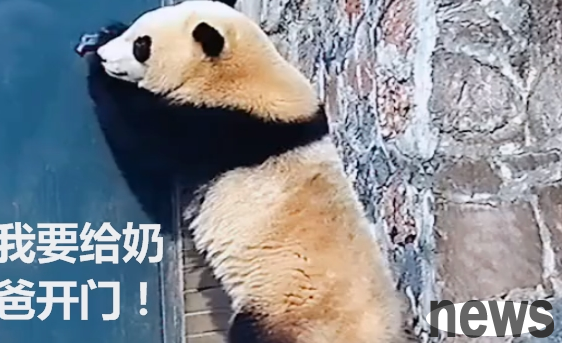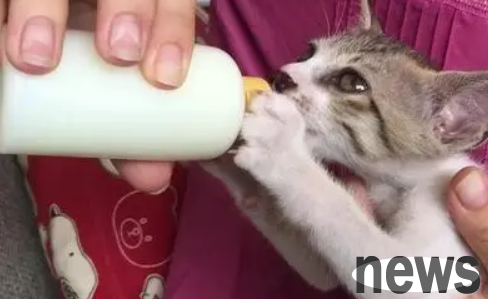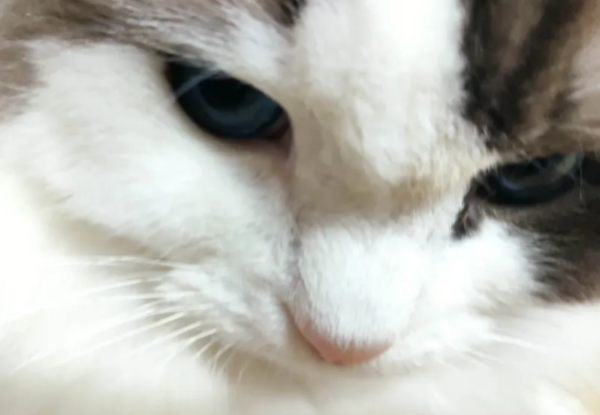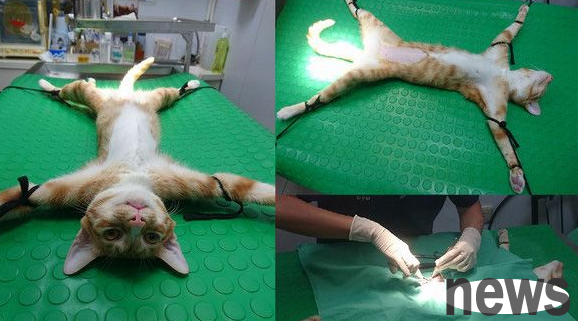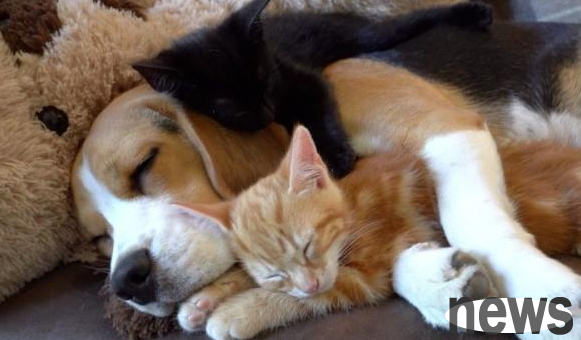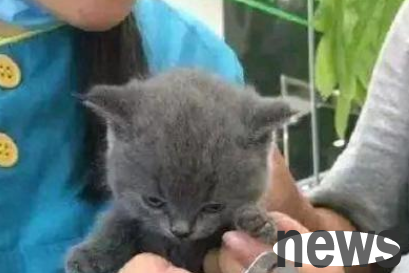Do cats at home refuse to eat? Come and see if these are the causes
Cats do not eat can make their owners feel troubled and anxious. We tend to feel upset when our hairy kids are reluctant to eat, because it may mean that their health is affected. However, there can be a number of reasons why cats don’t eat, and understanding these reasons is crucial to solving problems. Let's discuss together the possible reasons why cats don't eat and how to deal with this situation.
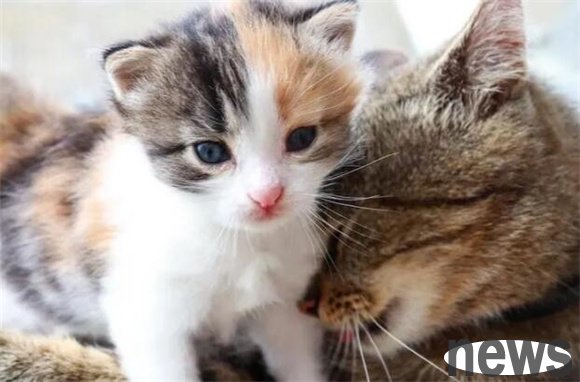
1. Health problems
Cats may not want to eat because of health problems, such as oral problems, digestive problems, infections or diseases. Oral problems may include gingivitis, tooth problems, or oral ulcers that can cause pain or discomfort in the cat while eating, thereby reducing appetite. Digestive problems such as gastrointestinal infections or inflammation can also affect cats' appetite. In addition, some diseases such as respiratory infections, endocrine disorders or organ diseases may also cause cats to be reluctant to eat. If the cat continues to stop eating or experience other abnormal symptoms, seek medical attention in time to diagnose and treat potential health problems.
2. Environmental changes
Cats may cause stress and anxiety, which will affect their appetite. Moving is a common environmental change factor, and new environments may make cats feel uneasy and uncomfortable, which can affect their appetite. Changes in family members, such as the addition of new members or the departure of older members, can also cause cats to feel unstable and anxious. Introducing changes such as new pets or new furniture may also make cats feel nervous and affect their normal eating habits. In this case, the owner can gradually adjust the new environment by giving the cat more sense of security and stability to help the cat recover its appetite.
3. Emotional problems
The emotional state of a cat will also affect its appetite. For example, a cat may feel frustrated by losing a partner or leaving the owner, resulting in loss of appetite. Cats are emotionally delicate animals that respond to the departure of family members to varying degrees. Some cats may show loss of appetite. In this case, the owner can gradually adjust the cat's emotions by giving it more care and companionship to help it restore normal eating habits.
4. Changes in dietary preferences
Cats may be unwilling to eat because of changes in dietary preferences. This may be due to a change in brand or taste, or a feeling of boredom with a certain food. Cats sometimes get bored with the same food, which can cause them to no longer like or be willing to eat their original food. In this case, the owner can try to change the brand or taste of the food, or add some new food types appropriately to stimulate the cat's appetite. Gradually introducing new foods and ensuring the nutritional balance of foods is very important for restoring cats' appetite.
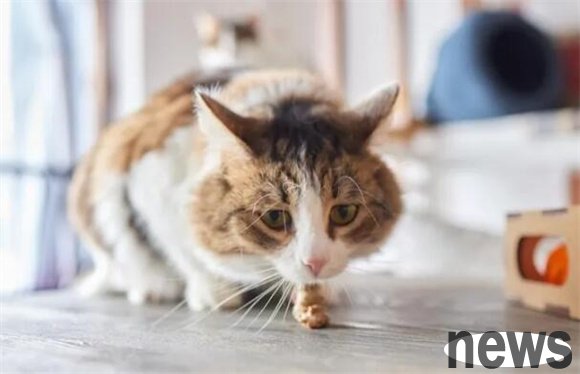
When it comes to the issue of cats not eating, timely attention and handling is crucial. Whether it is health problems, environmental changes, emotional problems or dietary preference changes, they may affect cats' appetite. Therefore, when the owner finds that the cat does not eat, he should observe patiently and take corresponding measures in a timely manner. In some cases, medical treatment or environment changes may be required to help cats recover. Most importantly, the owner should pay close attention to the cat's health and give enough care and care. Through proper care and handling, we can help cats overcome the problem of not eating and let them live a healthy and happy life.




